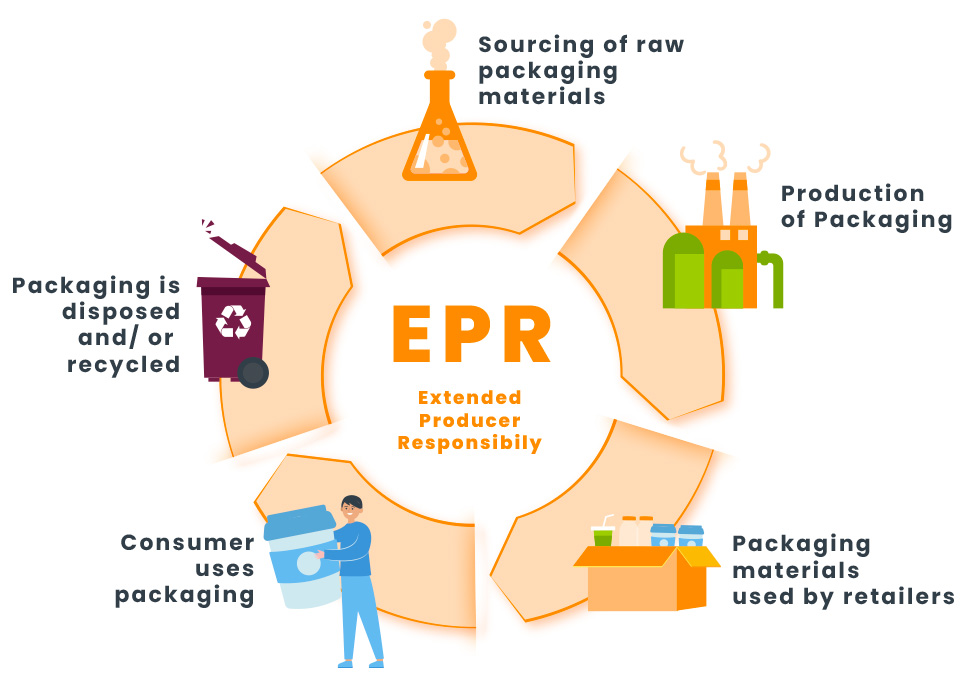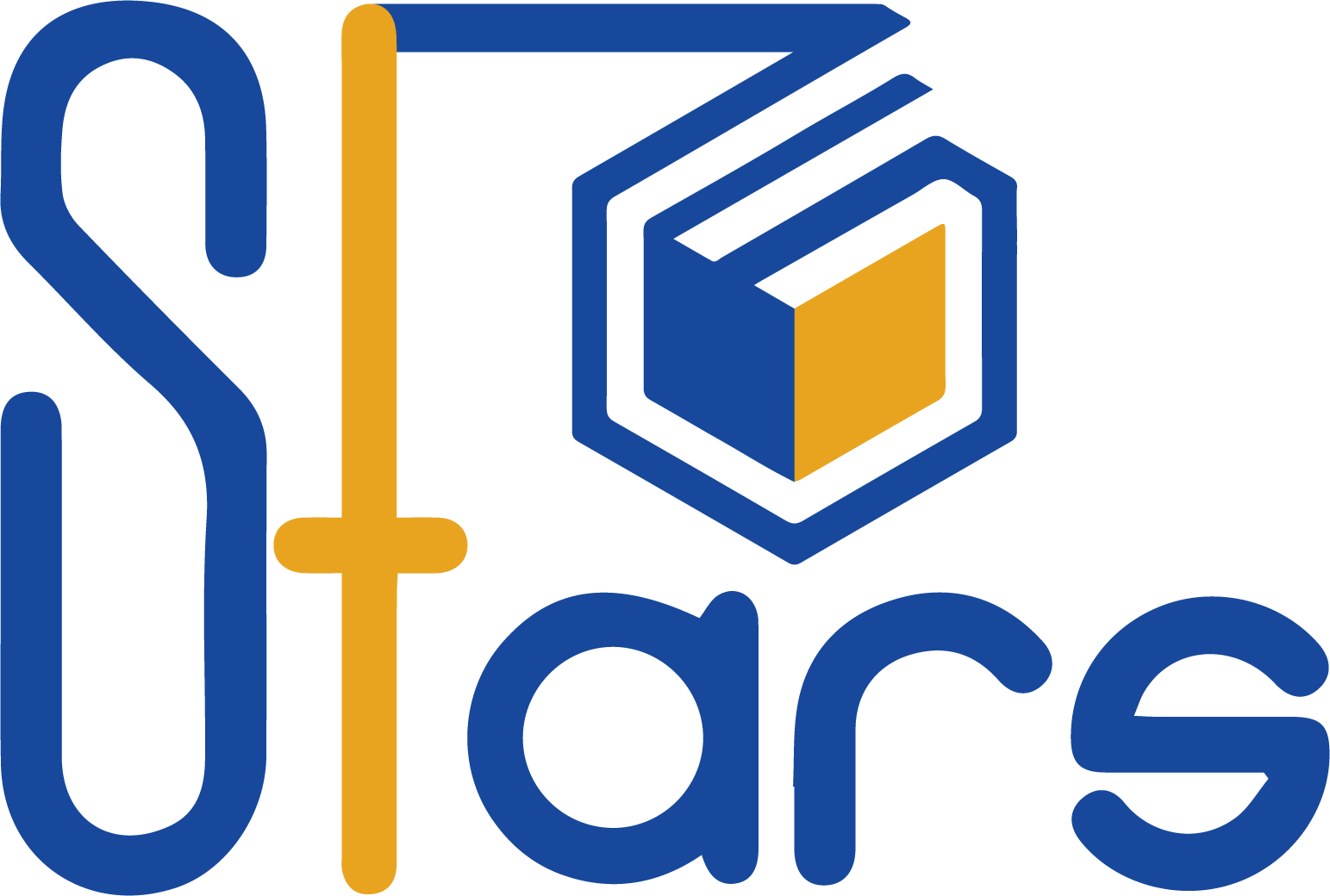Around the world, consumers, governments, and companies increasingly recognize that humankind is producing too much waste and facing challenges around the collection, transportation, and disposal of waste. Because of this, countries are actively seeking solutions to reduce waste and limit harmful substances from entering the environment. Extended Producer Responsibility (EPR) is one solution being increasingly proposed by governments but along with this comes additional challenges and considerations for retailers.

Globally, the trend has been for EPR schemes to evolve from partial to full cost coverage, with producers more commonly now responsible for the entire net operational costs of the packaging they put on the market. This means that producers are typically required to cover the costs of the management of packaging waste – including collection, sorting, and recycling – as well as administrative expenditures for running the EPR program.
EPR includes a wide variety of products and product categories, including packaging, and may involve physical and/or financial obligations that have major implications for the industry. Since its inception in Europe in the 1990s, EPR has undergone several iterations and is constantly being refined and adopted in countries around the world. What was forward-thinking at the time is now becoming the baseline for waste reduction along with circular economy principles, where materials are kept in use for as long as possible through recycling, refurbishing, and/or repurposing. Today, there has never been a stronger global push to implement this environmental policy principle.
It is worth mentioning that We Dongguan Stars Packaging Co., Ltd has always been committed to environmentally friendly packaging. We have a variety of recyclable materials to reduce the environmental pollution of packaging materials as much as possible. In the year 2022, we have got German and French EPRs certificate and will continue to implement our environmental philosophy ahead.
Post time: Oct-26-2022
